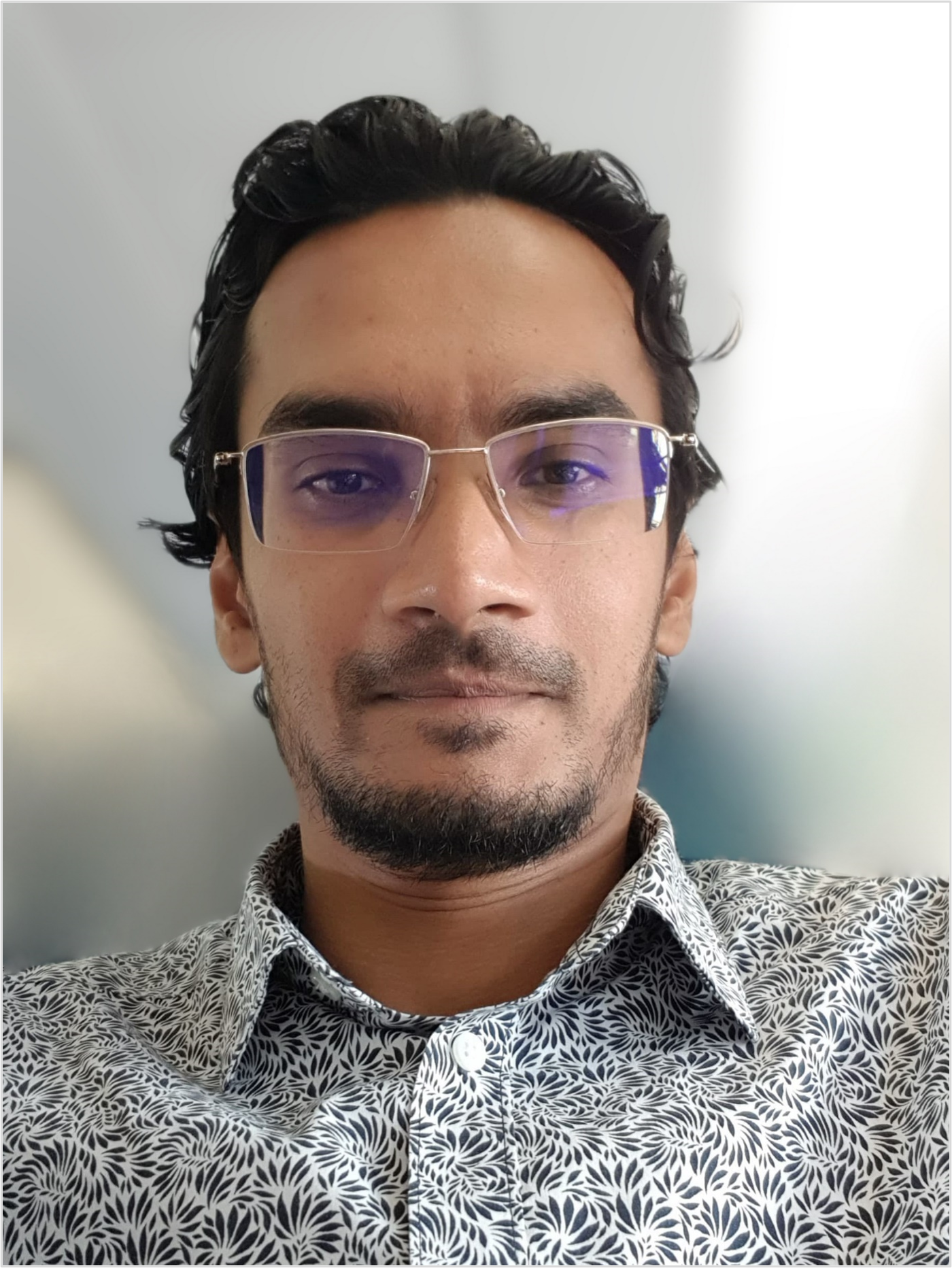
Dr RAMFUL Raviduth CEng
CEng MIMechE | PhD (Kyoto, Japan) | MSc (UK)
Head of Department | Senior Lecturer | Mechanical & Production Engineering Department,
Faculty of Engineering, University of Mauritius, Réduit, 80837, Republic of Mauritius
Tel: (+230) 403 7400 (Ext. 7887)
email:
Message from the Head of the Mechanical & Production Engineering Department
Welcome to the Mechanical and Production Engineering Department (MPED) at the University of Mauritius – one of the leading centers in Mauritius for the study of Mechanical Engineering. Here at the University of Mauritius, we have a notable tradition of excellence in teaching, research, and practice, bringing together academic professionals, driven students and state-of-the-art facilities.
At the MPED, we strive to provide our students with core mechanical engineering skills, namely designing, developing, building, and testing skills on mechanical engineering-related problems. The flagship programme of the MPED, the 4-year full-time BEng (Hons) Mechanical Engineering Programme which is offered at undergraduate level, meets the rigorous international standards of engineering. The programme is provisionally accredited by the Engineering Council of South Africa (ECSA) which is signatory member of the Washington Accord. The BEng (Hons) Mechanical Engineering is therefore well recognized in foreign jurisdictions which are signatory member of the Washington Accord. This engineering degree programme is customized to meet the need of the profession of mechanical Engineering in Mauritius. The final two levels of this programme have several modules to cater for this need ranging from thermal-engineering to structural-engineering related modules. Further information can be accessed in the programme structure for the BEng (Hons) Mechanical Engineering Programme available on the MPED website.
Besides this flagship programme, the MPED offers other undergraduate and postgraduate programmes, namely, the BEng (Hons) Mechatronics Engineering, the BSc (Hons) Operations and Supply Chain Management, the MSc Building Services Engineering and the MSc Total Quality Management and Performance Excellence. Further details of each programme can be accessed on the departmental website. Besides the numerous programmes at undergraduate and postgraduate levels, the department occasionally offers tailor-made and MQA approved short courses in specific areas pertaining to Mechanical Engineering related fields. In terms of research activities, the research projects conducted by MPED staff members and PhD students are extensive and cover a wide range of topics ranging from Mechanical Engineering to multidisciplinary fields of study. The MPED also possesses the most number of laboratories at the Faculty of Engineering. Most of the housed equipment are used to conduct lab practical classes with our students while advanced ones are used to conduct state-of-the-art research work. Moreover, the MPED also offers a wide range of consultancy services in key areas linked to the field of Mechanical Engineering.
Biodata
Raviduth Ramful graduated with a first class honours degree in Mechanical Engineering from the University of Hertfordshire, UK in 2012. He completed his specialization in Aerospace Engineering (MSc) from the University of Hertfordshire, UK in 2014. He joined the Mechanical & Production Engineering Department, University of Mauritius as lecturer in 2014. He received his Ph.D degree in Advanced Fibre Science from the Kyoto Institute of Technology, Kyoto, Japan, in 2021. He received his chartership (CEng) in the field of Mechanical Engineering from the UK Council and from the Institution of Mechanical Engineers in 2021.
His current research interests include fracture mechanics of natural composites, additive manufacturing and sustainable development among others. He has published several of his research work in notable journals and conference proceedings, namely Materials, Journal of Materials Science, Materials Today: Proceedings and Energy Reports among others. In terms of accomplishments, he was awarded the Monbukagakusho: MEXT Scholarship – the Embassy Recommended fully funded Japanese Government Scholarship for Postgraduate Studies in 2017. He has also received numerous awards for presentations in international conferences and symposiums. He currently holds the Senior Lecturer position and is presently the head of the Mechanical & Production Engineering Department, University of Mauritius. He is also the Senior Editorial board member for the Journal of Green Building.
Dr CEng RAMFUL Raviduth
Head of the Mechanical & Production Engineering Department
April 2024